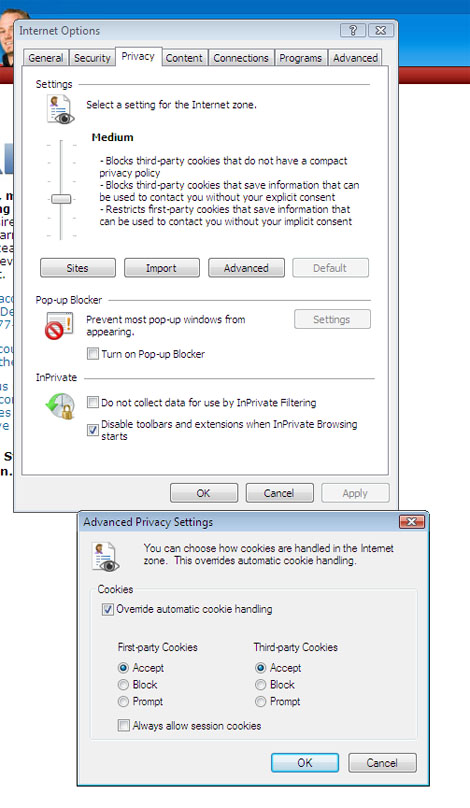I’ve been to several, if not hundreds of community gatherings, discussion groups or encuentro (as the Zapatista’s put it) where there was always a safe space for members who wanted to engage but felt marginalized. The idea of the safe space is for those that feel marginalized could be empowered by taking some of the space of the gathering and discuss and bring forth issues that are of importance to that group (and eventually bring those forth to the larger group).
I often wonder if the traditional LMS could be a safe space for students. Not to knock the decentralized approach of DS106, because I too value the idea of putting an idea out into the open, seeing if it resonates with anyone else, and building on it. But I often think there’s a value to having everything together in one spot, to help students learn. The decentralized approach clearly works, because you can see where and when DS106 is successful. The arguments against LMS’s are fairly well trodden, they are locked down and unable to share externally – which is true in their unadulterated stated. However, you can easily embed a wiki, or other community based site (like YouTube) bringing the community in, and partially exposing the real world (as much as the Internet reflects the real world). At times in higher education, I think there’s a value in providing a space where one can experiment with ideas without having the pressure of the real world to bear on them. That should be what education is about.
I have a vested interest in keeping the LMS at the University I work at, because frankly, that’s my job (with that said, if it ever were to be decentralized, I’d be nimble enough to support blogs, wikis and other web 2.0/3.0 tools as well). I often say that there’s value in having a central location to reside in. Of course, there’s too few reasons to go to most courses – no sense of community, no value placed in a discussion online, no reward for student engagement… the list goes on and on. I can’t see great advancement in the use of LMS’s in general until faculty are looking for ways to connect their classrooms with the world.
